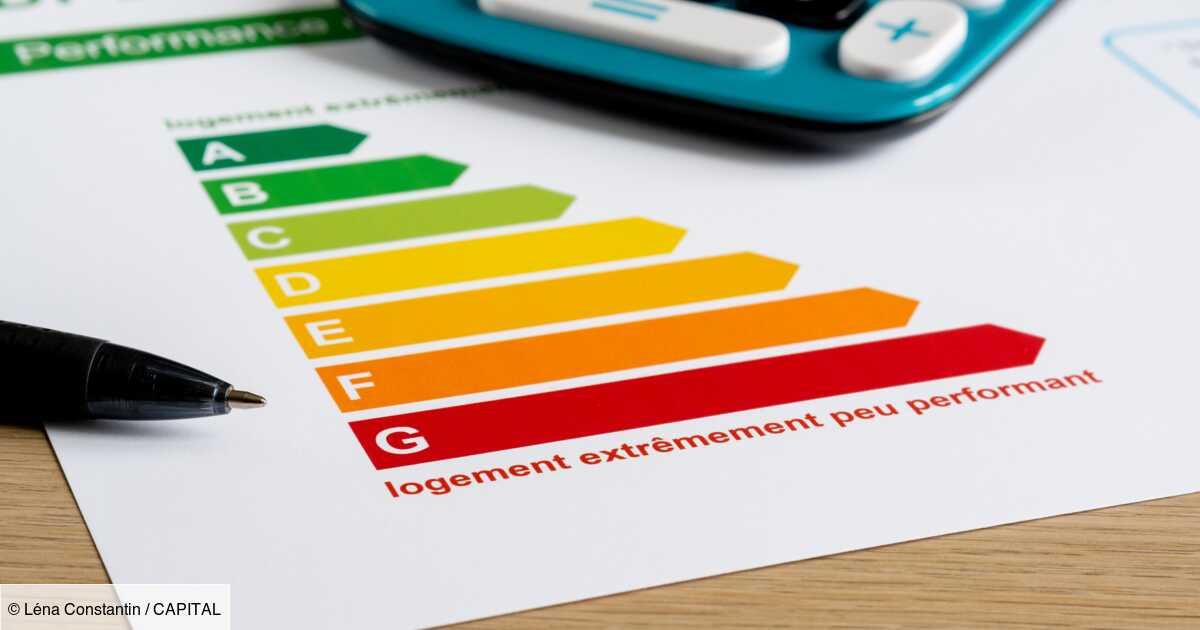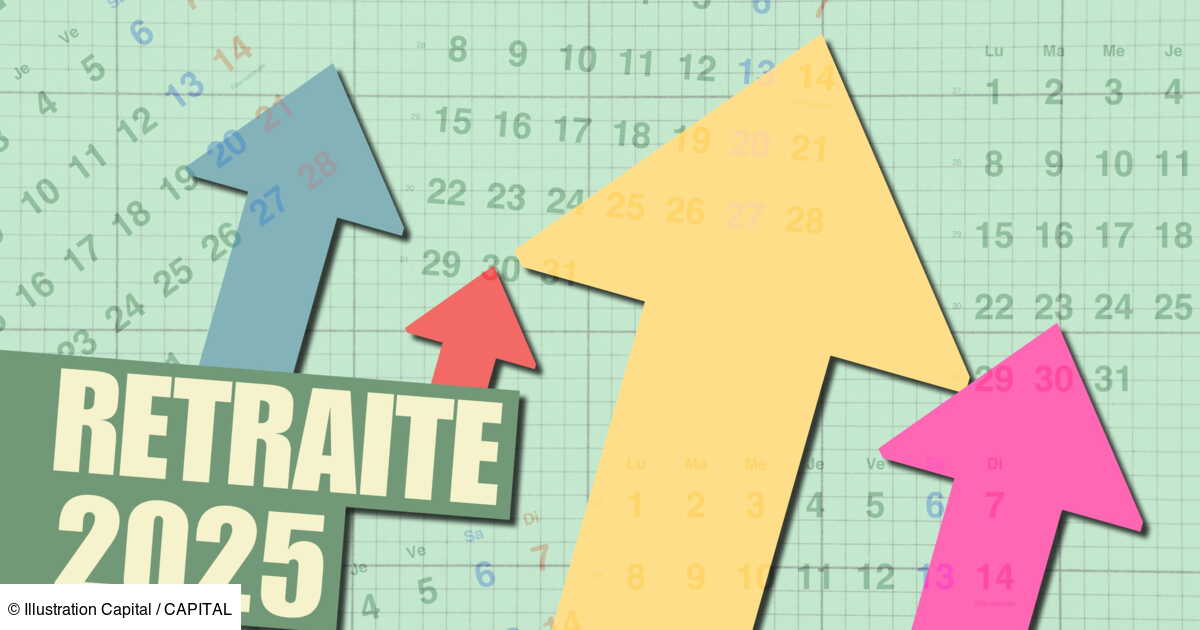
If you are a former private sector employee, your pension will increase twice, first on November 1, then on July 1, 2025. Here is how much more you will earn depending on your pension level.
© Illustration Capital
– The increase in the pension will depend on the amount received and the level of revaluation.
The information is starting to become clearer. If nothing has yet been definitively set in stone, it is already possible to assess the pension increases expected for the end of the year and for 2025. For employees, these increases will be done in two stages. First on the supplementary pension side. No news at this level, every November 1, the supplementary pension for private sector employees Agirc-Arrco is revised upwards according to inflation. The number must be officially announced on October 15 but, already, a range is emerging with a revaluation which should be between 1.4% and 1.8%and even more precisely between 1.5% and 1.7%.
Then, ex-employees will have to be patient because their basic pension will not be increased on January 1st, but on July 1st. Here too, the figure is not yet official, but according to that put forward by the government, the increase should be 1.8%. This is INSEE’s non-tobacco inflation forecast for 2024. To help ex-employees calculate their future pension level, here are the increases you can expect based on your pension level. For a better understanding, we will start with the increase on November 1st then we will continue with that on July 1st, 2025. For the supplementary pension, we are based on two hypotheses: a revaluation of 1.5% and one of 1.7%, which will make it possible to compare the pension thus revalued with that raised at the inflation level of 1.8%.
Our example will earn 6.30 euros more per month if their supplementary pension is increased by 1.5%, a gain which will amount to 7.14 euros if the increase is 1.7%, a difference of 84 cents per month. If we compare with a revaluation following inflation of 1.8%, the “loss” will then be 1.26 euros per month in the case of a revaluation of 1.5% and 42 cents for an increase by 1.7%.
For our retiree earning 2,300 euros, the gain from a 1.5% increase in his supplementary pension will amount to 17.25 euros per month. If the increase finally decided is 1.7%, then his pension will increase by 19.55 euros per month. If the option of under-revaluation compared to inflation (1.8%) is chosen, then the shortfall will be 3.45 euros per month for an increase of 1.5% and 1. 15 euros for a revaluation of 1.7%.
Basic pension: the big losers from the postponement of the increase in pensions
Logically, for our retiree earning 4,000 euros per month, the increase in his supplementary pension will be greater. If the revaluation is set at 1.5%, then he will earn 38.40 euros more per month, a figure which will rise to 43.52 euros in the event of a revaluation of 1.7%. Compared to a revaluation at the level of inflation (assuming 1.8%) then the shortfall will be 7.68 euros per month in the case of an increase of 1.5% and 2. 56 euros if the figure used is 1.7%.
That’s it for the first step of revaluation. Then for the basic pension, the date desired by the government is July 1 and the announced increase of 1.8%. Using the same three profiles presented above, here is how much retirees could earn with the announced increases. For the examples, we take into account the different levels of revaluation of the supplementary pension (1.5% and 1.7%).
After the two increases in his pension, our retiree will be able to earn 23.94 euros more per month (assumption of an increase in Agirc-Arrco to 1.5%) or 24.78 euros more (assumption of 1, 7%). If we look at the basic pension alone, the expected increase will be 17.64 euros per month.
From July 1, 2025, our retiree will earn 37.95 euros more per month, if the revaluation of Agirc-Arrco amounts to 1.5%. The total gain will be 40.25 euros if the increase in supplementary pension is 1.7%. Of this total, an increase in his basic pension of 1.8% will allow him to earn 20.70 euros more per month.
Our retiree earning 4,000 euros per month is mainly concerned by the increase in supplementary pension which constitutes almost 65% of his total pension. Result, after July 1, his pension will be increased by 60 euros per month (in the event of an Agirc-Arrco revaluation of 1.5%) or by 65.12 euros per month (scenario of an revaluation of 1.7%). .
Receive our latest news
Every week, articles to read to better anticipate your retirement.









